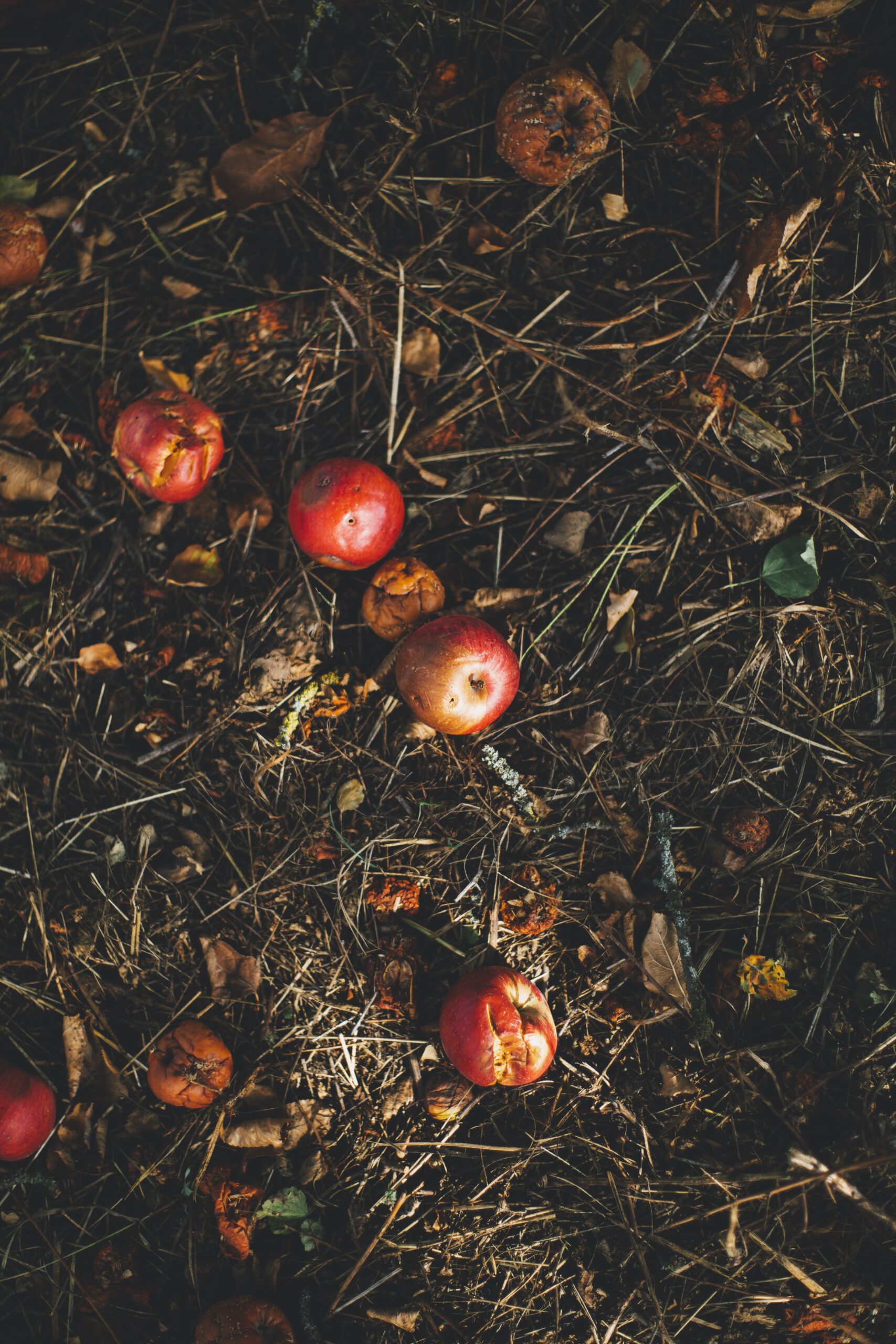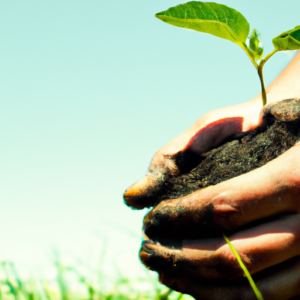Why Should You Turn Your Compost: Introduction
Have you ever wondered Why Should You Turn Your Compost? Well, the answer may surprise you. Composting is a natural and sustainable way to recycle organic waste and create nutrient-rich soil, but turning the compost is a crucial step in the process.
By aerating the pile and mixing the materials, you create the optimal conditions for decomposition and speed up the breakdown of organic matter. When you don’t turn your compost, several consequences can occur that hinder the composting process and prevent you from reaping its full benefits. So, let’s explore what happens when you neglect to turn your compost pile and discover why it’s essential to give it some attention.
Check Out Our Recommended Composting Products on Amazon Right Here!
Introduction
Composting is a wonderful way to turn kitchen scraps and yard waste into nutrient-rich soil. However, to maintain a healthy and productive compost pile, it is crucial to turn it regularly. Turning the compost helps to accelerate the decomposition process, ensure adequate oxygen supply, and maintain the right balance of ingredients. But what happens if you don’t turn your compost? Let’s delve into the consequences of neglecting this important task.
Slow Decomposition Process
Lack of adequate aeration
When you don’t turn your compost, the lack of regular mixing compromises airflow within the pile. Adequate aeration is essential for the survival and activity of beneficial microorganisms that break down organic matter. Without enough oxygen, these microorganisms cannot thrive, causing a significant slowdown in the decomposition process.
Decreased microbial activity
Microorganisms play a vital role in breaking down the organic materials in your compost pile. However, if you neglect to turn the pile, the microbial activity can diminish. Without regular turning, the compost pile becomes stagnant, resulting in a decline in the number and diversity of microorganisms. This reduced microbial activity can significantly slow down the decomposition process.
Longer breakdown time
Turning your compost helps to break down organic matter into rich humus more quickly. However, when you don’t turn your compost, the breakdown time can become significantly longer. The materials in the pile may take months or even years to decompose fully, resulting in an accumulation of unfinished compost and a delay in the availability of nutrient-rich compost for your garden.
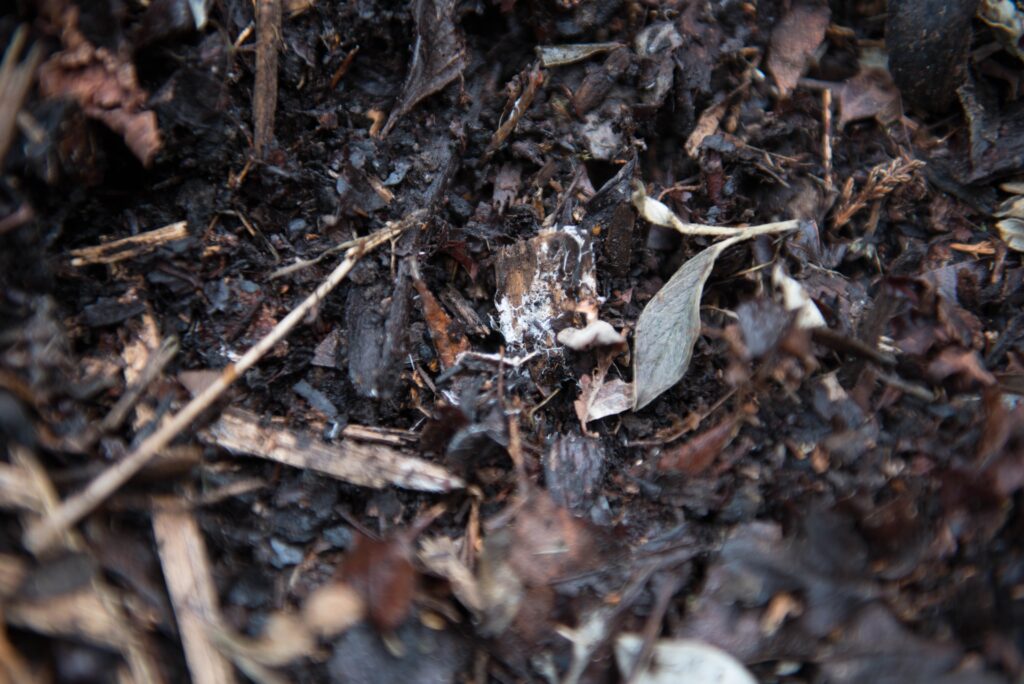
Check Out Our Recommended Composting Products on Amazon Right Here!
Proliferation of Undesirable Organisms
Increased presence of pests
One of the risks of not turning your compost is the increased presence of pests. Without regular turning, the compost pile can become an inviting habitat for insects such as flies, ants, and cockroaches. These pests may not only disturb the composting process but can also become a nuisance in your garden or even find their way into your home.
Weed growth and seed viability
A neglected compost pile can become a thriving ground for weed growth. Weed seeds that are not subjected to the high temperatures achieved by regular turning may remain viable and germinate once the compost is applied to your garden. This can lead to an unwanted influx of weeds, making it more challenging to maintain a healthy garden.
Foul odor and attractant for animals
When compost is left untouched, the lack of turning can cause the materials to become compacted and anaerobic. This anaerobic environment can lead to the production of foul odors, making the compost pile an unpleasant place to be around. Additionally, the strong smell can attract unwanted animals, such as rodents and raccoons, who may cause further disturbance in the compost pile.
Why Should You Turn Your Compost: Nutrient Loss
Leaching of valuable nutrients
Without regular turning, the compost pile may become too compacted, leading to waterlogging and poor drainage. This excess moisture can cause valuable nutrients to leach out from the compost and be lost. The leaching of these nutrients not only hampers the composting process but also results in a diminished nutrient content in the finished compost.
Reduced availability of organic matter
By neglecting to turn your compost, the breakdown of organic matter becomes significantly slower. This means that the compost pile may be deprived of fresh inputs as you continue to add kitchen scraps and yard waste on top. As a result, the availability of organic matter in your compost may be reduced, leading to a less-effective compost for nourishing your plants.
Diminished soil fertility
Composting is an effective way to improve soil fertility. However, when you don’t turn your compost, the organic matter in the pile breaks down at a slower pace. This can result in a delayed release of essential nutrients to the soil, ultimately diminishing its fertility. With a decrease in soil fertility, your plants may struggle to thrive and achieve optimal growth.
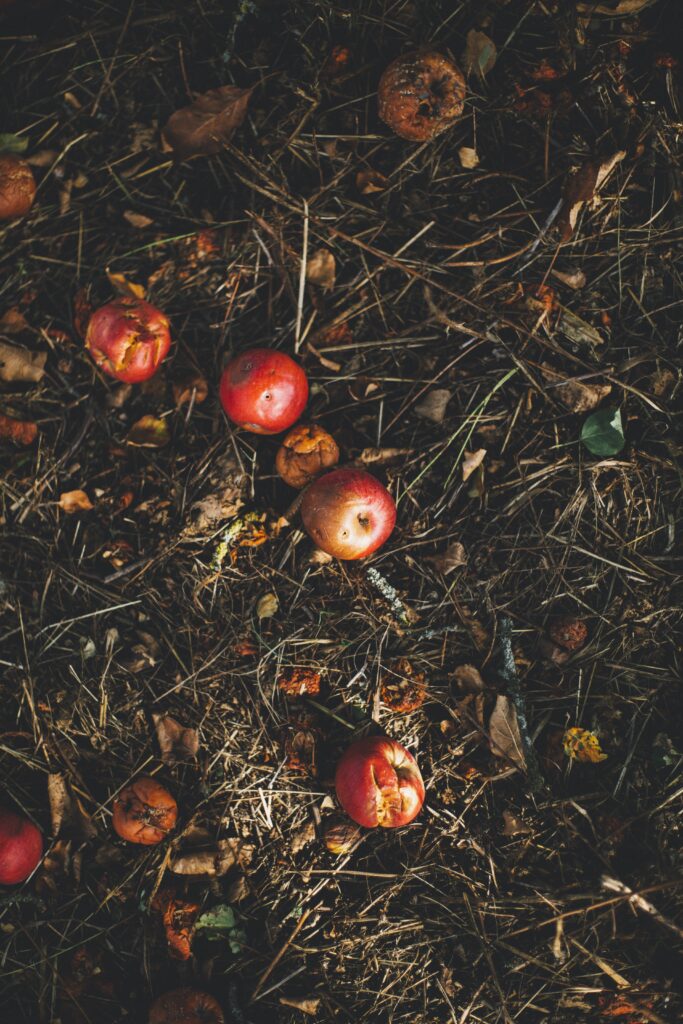
Imbalanced Carbon-to-Nitrogen Ratio
Excessive carbon content
The carbon-to-nitrogen (C:N) ratio is a crucial aspect of successful composting. When you don’t turn your compost, the carbon-rich materials, such as dried leaves and straw, tend to dominate the pile. Without regular mixing, this imbalance in the C:N ratio can lead to an excessive carbon content, preventing efficient decomposition.
Insufficient nitrogen content
Conversely, the lack of turning can also result in insufficient nitrogen content in your compost. Nitrogen-rich materials, such as kitchen scraps and green garden waste, are necessary to provide the necessary energy for microorganisms to break down the organic matter. Neglecting to turn the compost can lead to a shortage of nitrogen, hindering the decomposition process.
Inhibited decomposition and nutrient availability
An imbalanced C:N ratio caused by infrequent turning negatively impacts decomposition and nutrient availability. Without the proper mix of carbon and nitrogen, the microbial activity necessary for efficient decomposition becomes hindered. This inhibition can extend the breakdown time of your compost and reduce the availability of essential nutrients for your plants.
Increased Environmental Impact
Release of methane gas
When organic materials decompose in an anaerobic environment, such as a neglected compost pile, they emit a significant amount of methane gas. Methane is a potent greenhouse gas, contributing to climate change and global warming. By not turning your compost, you inadvertently contribute to the release of methane gas into the atmosphere, exacerbating environmental issues.
Contribution to climate change
Beyond the release of methane gas, neglecting to turn your compost also has indirect consequences on climate change. Producing compost through proper turning and decomposition reduces reliance on chemical fertilizers. By not turning your compost, you may forgo the opportunity to participate in sustainable waste management and combat climate change through organic waste recycling.
Loss of potential resource
Compost is a valuable resource that can improve soil structure, fertility, and moisture-holding capacity. When you don’t turn your compost, you miss out on harnessing its full potential. Neglected compost may remain unfinished and unusable, resulting in lost opportunities to enhance your garden’s health and productivity.
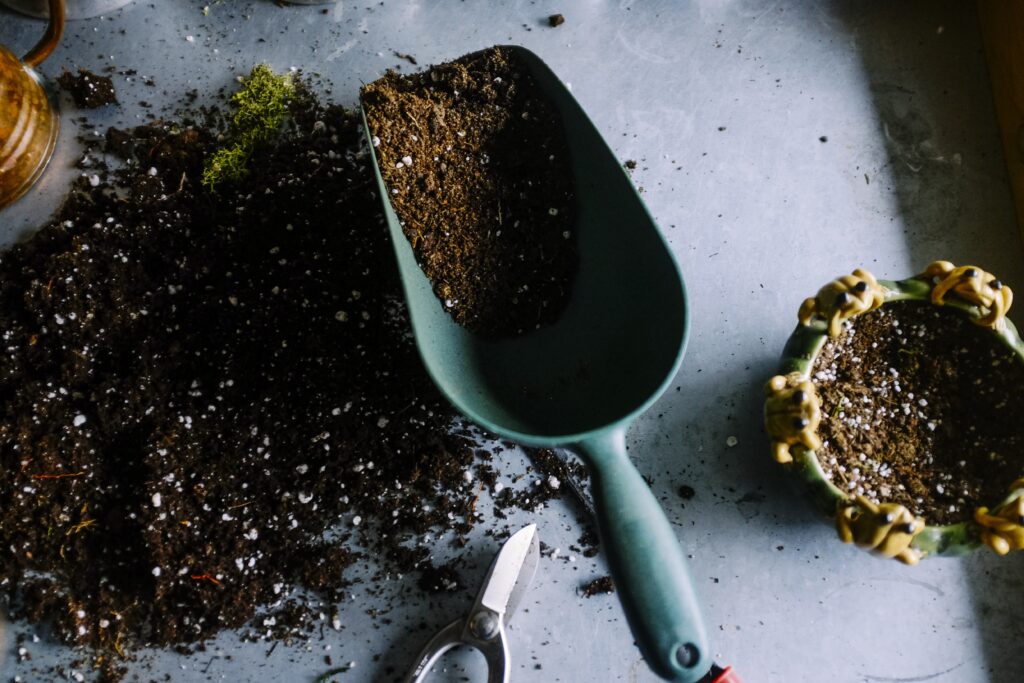
Risk of Pests and Diseases
Higher chance of infestations
By neglecting to turn your compost, the lack of proper aeration can create an environment conducive to pest infestations. Insects and bugs thrive in compacted and stagnant compost piles, increasing the likelihood of infestations. These infestations can have detrimental effects on your garden, potentially damaging crops and diminishing overall plant health.
Spread of plant diseases
Unturned compost can harbor plant pathogens, including bacteria, fungi, and viruses, that may cause infectious diseases in your garden. Failure to turn the compost pile can expose your plants to these pathogens, potentially leading to the spread of diseases. Regular turning helps to create conditions that are less favorable to the survival and transmission of plant diseases.
Contamination of neighboring areas
Neglected compost piles can become a hotbed for pests, diseases, and weed seeds. These unwanted elements can easily spread beyond your garden, contaminating neighboring areas and causing harm to other gardens or natural spaces nearby. Failure to turn your compost can inadvertently contribute to the negative impact on the wider ecosystem.
Difficulty in Managing Moisture Levels
Inadequate moisture retention
When you neglect to turn your compost, you may encounter difficulties in maintaining proper moisture levels. A lack of turning can lead to poor aeration and drainage, causing excessive moisture retention within the pile. This excess moisture can hinder decomposition and create an unbalanced, sodden compost that is less conducive to healthy plant growth.
Waterlogging and compaction
Without regular turning, compost piles can become waterlogged and compacted. Excess moisture and compaction inhibit airflow and create an anaerobic environment. The lack of oxygen greatly diminishes the effectiveness of the beneficial microorganisms necessary for decomposition. Waterlogged and compacted compost is difficult to work with and may require extensive remediation.
Compromised composting process
Neglecting to turn your compost impedes the composting process itself. Proper turning helps to regulate moisture levels, promote aeration, and increase the breakdown of organic materials. Without these essential actions, the overall composting process becomes compromised. The lack of turning may lead to an accumulation of unfinished compost and may even result in the formation of slimy, decomposing masses.
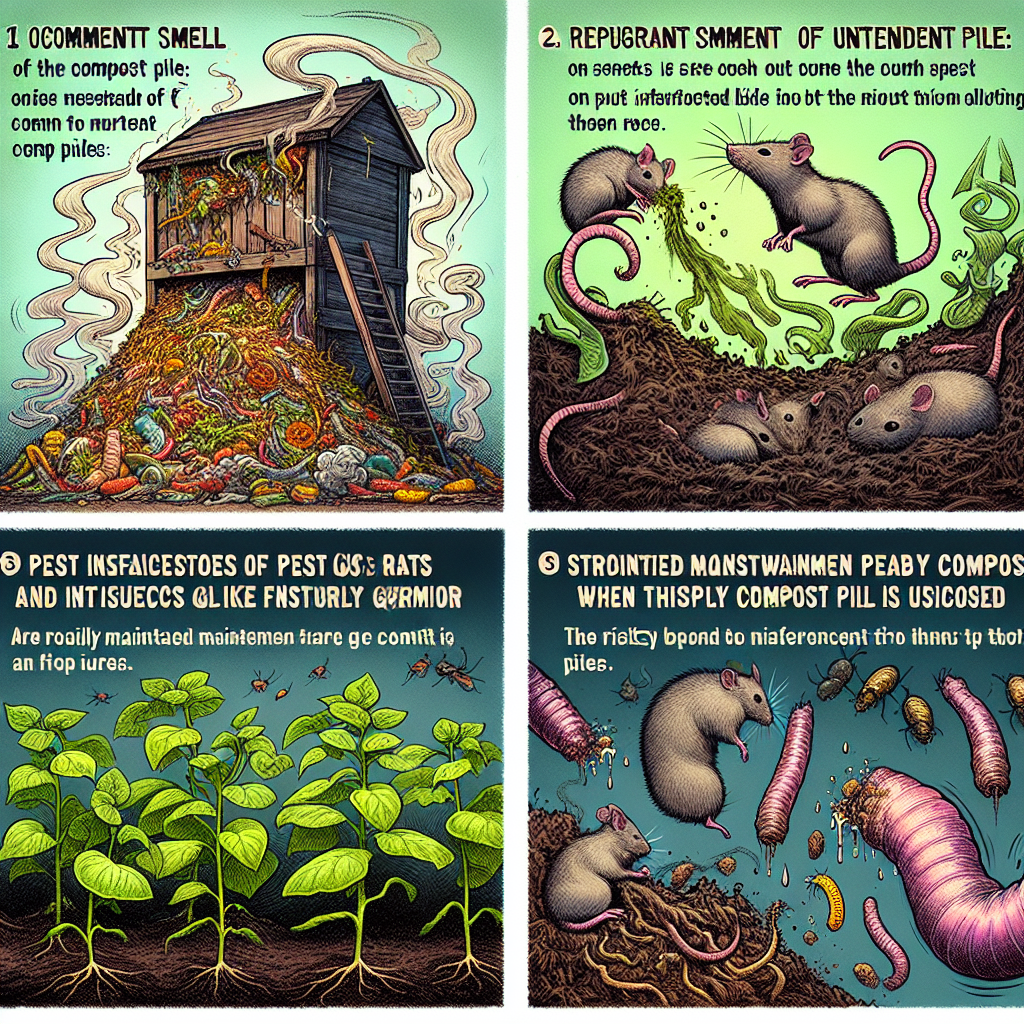
Unpleasant Odor and Aesthetics
Generation of offensive smell
An overlooked compost pile can emit unpleasant odors due to anaerobic breakdown processes. The lack of proper turning creates conditions where organic matter decomposes without sufficient oxygen, leading to the production of foul-smelling gases, such as hydrogen sulfide and ammonia. These offensive odors can make spending time in the vicinity of the compost pile unbearable.
Unattractive appearance
In addition to the unpleasant smell, an unturned compost pile can also be visually unappealing. Neglected compost may not break down evenly, resulting in clumps of half-decomposed waste and uneven textures. The overall appearance can be unsightly and detract from the aesthetic appeal of your garden or outdoor space.
Neighborhood complaints and nuisance
The offensive smell and unsightly appearance of an unturned compost pile can quickly become a neighborhood issue. It is not uncommon for neighbors to voice their complaints when they are subjected to the unpleasant odors emanating from an uncared-for compost pile. Failure to turn your compost can create a nuisance that may strain relationships with those living nearby.
Why Should You Turn Your Compost: Conclusion
While composting is a fantastic way to turn organic waste into valuable fertilizer, neglecting to turn your compost can have serious consequences. From the slow decomposition process to the proliferation of undesirable organisms, nutrient loss, imbalanced carbon-to-nitrogen ratios, increased environmental impact, risk of pests and diseases, difficulty in managing moisture levels, and unpleasant odor and aesthetics, there are numerous downsides to not turning your compost regularly.
By taking the time to turn your compost, you can ensure a healthier, more efficient composting process, and reap the rewards of nutrient-rich, high-quality compost for your garden. So, don’t forget to turn your compost and enjoy the benefits it brings to your plants, soil, and overall garden ecosystem.
Check Out Our Recommended Composting Products on Amazon Right Here!

